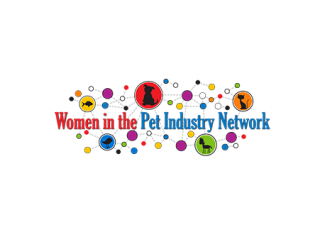Ricardo Antônio Tavares de Macedo
Rodrigo de Miranda

Jarne Ellenholm
Jarne Elleholm, Managing Partner, has more than 20 years’ experience in the life science industry with a strong record of achievements in commercialization and fundraising of life science products and companies.
He has worked in the venture capital industry as partner in Vækstfonden and as Managing Partner in Inventure Capital. From 2005-07 he served as CEO of the biotech company Aresa A/S, where he built up the organization and completed an IPO raising more than DKK 50 million.
Prior experience includes European Vice President for Whatman International and CEO for Lundbeck Ltd. UK where he successfully launched several pharmaceutical products.
Jarne Elleholm served as Chairman of the board of Scandinavian Micro Biodevices and was pivotal in the sale of the company to Zoetis in 2016.
Jarne holds an M.Com from Copenhagen Business School and an MBA from INSEAD.

Martijn Adorf
Martijn Adorf has a career in life sciences companies in global, regional and executive management roles. Before joining Animal Health Concepts as CEO and shareholder in 2020, he partnered with investors and start-up/scale-up companies acting in the sustainable feed-food value chain. From 2013 until end 2017 he was at Nutreco (part of SHV) as Managing Director of the Business Unit Feed Additives and member of Nutreco’s Executive Committee. He led the global growth of the Selko’s feed additives business, focusing on reduction of antibiotics in livestock production, and the acquisition of Micronutrients (USA). From 2005 – 2013 he held various global management roles at Royal DSM, where his focus was on human nutrition ingredients for health. In the 1990s he was in AkzoNobel’s medical diagnostics group and eventually led their regional business in South-East Asia.
He is currently also member of the supervisory board at Vaneeghen, a 360-year-old Dutch food ingredient specialist.
Mr. Adorf holds an MSc in biochemistry from Radboud University Nijmegen, Netherlands.




